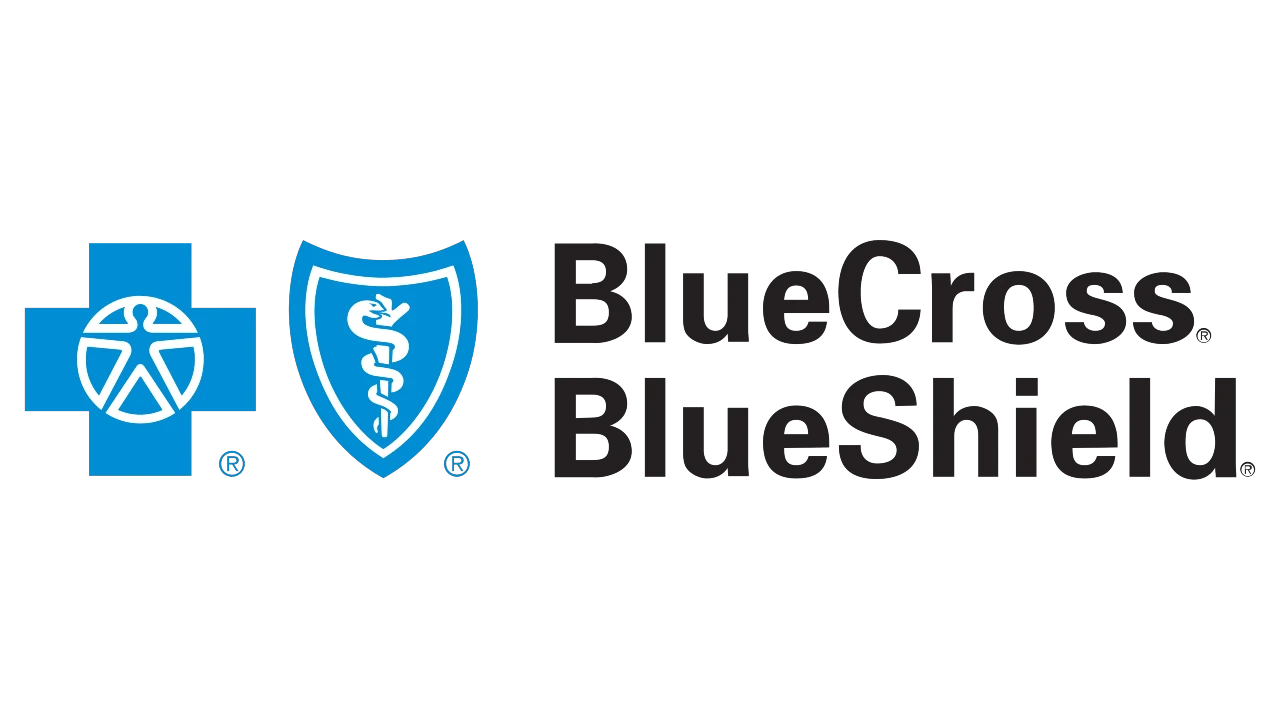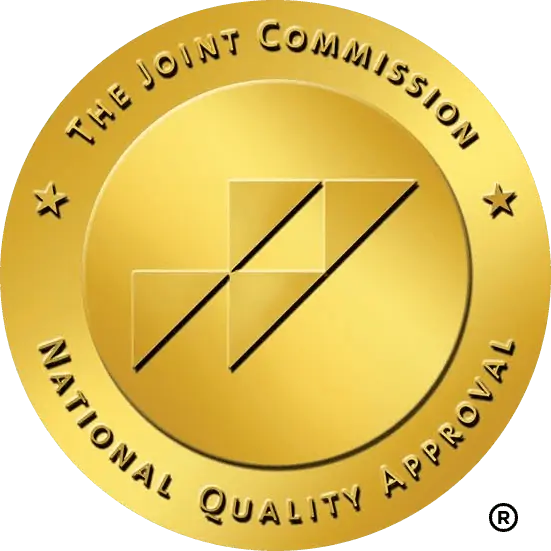The Reality of Teen Mental Health—and Why Insurance Matters
The teen mental health crisis is no longer a silent struggle. One in five teens is diagnosed with anxiety, and more than one in ten battles depression. These aren’t just numbers—they represent real families searching for answers, desperate to find support.
For example, take Sarah’s story, for example. Sarah, 16, had been struggling with severe anxiety and depression. She was withdrawn, skipping school, and losing interest in everything she once loved. Her parents felt powerless—until they discovered Turning Winds, a residential treatment program covered by Blue Cross Blue Shield (BCBS). Within months, Sarah regained her confidence, learned coping skills, and reconnected with her family.
“We felt lost, but finding the right treatment changed everything. Blue Cross helped us afford care we never thought possible,” her mother shared.
Therefore, figuring out your insurance coverage and benefits shouldn’t be another source of stress when your teen needs help. This guide will break down how BCBS covers teen mental health residential treatment, helping you make informed decisions for your child’s well-being.
Turning Winds: Quality Teen Mental Health Care Covered by Blue Cross Blue Shield
Getting Your Teen the Mental Health Care They Deserve

Let us help you understand your Blue Cross Blue Shield coverage options for teen mental health care at Turning Winds. We’ll walk you through everything you need to know, from how to verify your benefits to understanding pre-authorization requirements and how to get your teen the help they deserve.
Furhtermore, we will also discuss the range of therapeutic interventions, including individual and group therapy, educational support, and recreational activities.
Consequently, with Blue Cross Blue Shield coverage for teen mental health, your child can access quality care at Turning Winds. We are a residential treatment center offering hybrid therapeutic programs, including residential treatment, partial hospitalization and intensive outpatient programs (IOP.) The Turning Winds residential program for adolescents struggling with mental health or behavioral issues is designed to meet the unique needs of the teens we serve.
At Turning Winds, we create personalized treatment plans to address a wide range of challenges, including conduct disorders, behavioral issues, anxiety, depression, substance misuse, and technology addiction. We are committed to providing a safe and supportive environment where your teen can start their recovery journey, heal and thrive.
Would you like to know what behavioral health benefits your Blue Cross Blue Shield insurance plan (BCBS) offers for teen residential treatment?
Find Out Now!

Teen Mental Health Care Programs Covered by Blue Cross Blue Shield (BCBS)
Blue Cross Blue Shield recognizes that when it comes to teens and mental health, no two kids have the same experience. Therefore, children struggling with their mental health or behavioral needs often change over time. Therefore, they offer three different levels of care.
- Acute Inpatient Treatment
For teens in immediate crisis, inpatient programs provide 24/7 medical care and psychiatric support. The goal is stabilization, ensuring safety before moving to long-term care options.
🩺 Best for: Suicidal ideation, self-harm, psychosis, or extreme emotional distress.
- Residential Treatment Centers ((RTC) – Longer-term Treatment Programs))
RTC programs provide structured care in a therapeutic environment. Teens receive:
- Individual and group therapy
- Medication management (if needed)
- Academic support
- Recreational and adventure therapy
📌 Did You Know? RTC stays an average of 6-9 months, giving teens time to heal and build lifelong coping skills.
- Partial Hospitalization Programs (PHP)
PHPs offer intensive daily therapy but allow teens to return home at night. These programs provide a middle ground between inpatient and outpatient care.
✔ Best for: Teens needing structured treatment while maintaining family connections.
👉 Important to Note: Blue Cross Blue Shield requires prior authorization for each level of care. They look at your teen’s specific needs to determine the right program rather than using a one-size-fits-all approach.
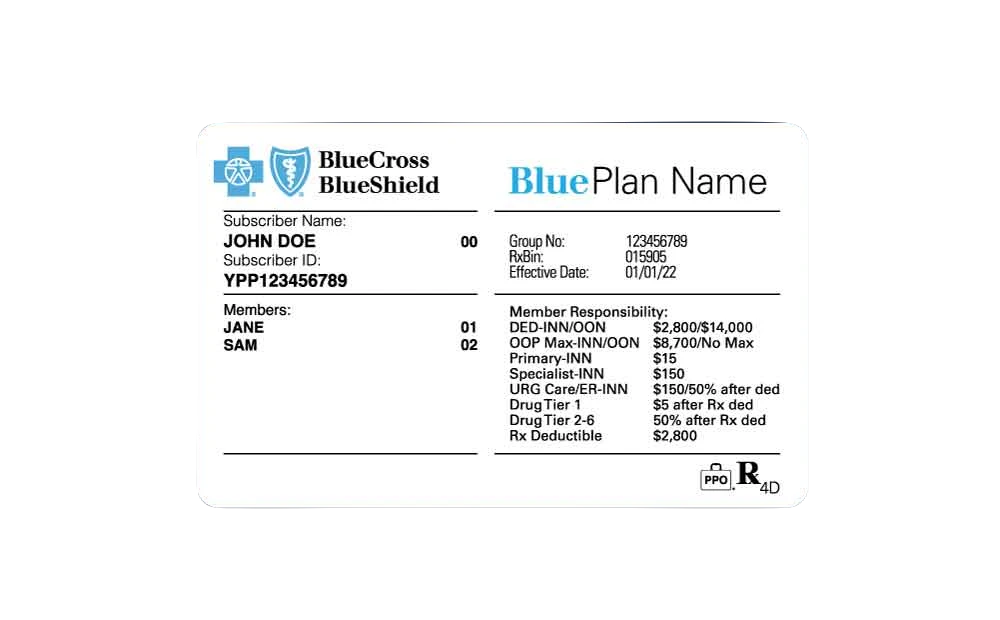
This image is a sample Blue Cross Blue Shield insurance card for illustrative purposes only. Actual card details and coverage specifics may vary.
BCBS Mental Health Benefits Overview
Blue Cross Blue Shield stands as one of America’s largest insurance providers, serving 114.5 million customers through 1.7 million doctors and hospitals. Let’s break down what this means for your teen’s mental health care.
Coverage Levels by Plan Type
While Blue Cross Blue Shield plans make essential mental health services more accessible for adolescents. The level of coverage offered to each child depends on your plan, your geographical location, and what insurance companies commonly call “medical necessity.”
Thanks to the Mental Health Parity and Addiction Equity Act, BCBS is required to provide comparable mental health or substance use disorder benefits that are comparable to their physical health benefits.
Specifically, this means to you:
- Insurance cannot charge higher co-pays or deductibles for mental health services.
- Mental health treatment should no longer be limited to a number of visits or treatments.
- Approval for mental health treatment should be similar to the approval process for other medical treatments.
The Affordable Care Act also affects mental health treatment and insurance by requiring that every plan, whether individual and family health plans, Medicare or Medicaid, and employer-sponsored coverage covers therapy, counseling, and medication management for conditions like depression, anxiety, and PTSD.
Key Factors That Affect Blue Cross Blue Shield Coverage
- Plan Type (HMO, PPO, POS, EPO) – PPOs offer the most flexibility for choosing providers.
- Medical Necessity – A doctor’s diagnosis and recommendation are required.
- Pre-Authorization – Most plans require approval before treatment starts.
- In-Network vs. Out-of-Network – Choosing in-network facilities reduces costs because insurance companies like Blue Cross pre-negotiate the rates.
You shouldn’t face special hurdles, special barriers, impediments, roadblocks to getting access to those [mental health] benefits that you wouldn’t face on the medical/surgical side.
Tim Hauser, Deputy Assistant Security for Programs, (#EBSA at the Department of Labor) Tweet
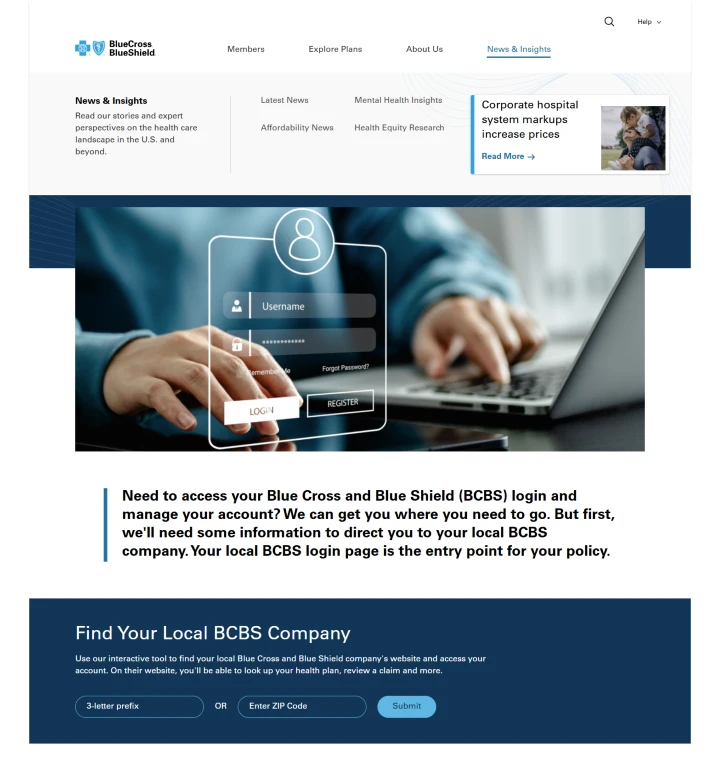
How to Verify Your Teen’s BCBS Coverage for Residential Treatment
Step 1: Call the BCBS helpline and ask about Blue Cross Blue Shield adolescent treatment and mental health coverage.
Step 2: Confirm if teen residential treatment requires pre-authorization.
Step 3: Work with the treatment center’s insurance specialists to finalize approvals.
💡 Tip: Use our free insurance verification—Try it Now!
How the Turning Winds Admissions Team Can Help
We understand getting insurance approvals and coverage is a major hurdle when seeking and choosing adolescent residential treatment. That’s why our admissions team works directly with Cigna’s customer service on your behalf to:
- Verify your benefits: We’ll help you understand exactly what your Cigna policy covers for residential treatment.
- Explain your options: We’ll clarify your treatment choices and help you make informed decisions.
- Streamline the process: We’ll assist with pre-authorization and other administrative tasks, making the admissions process as smooth as possible.
With our support, you can focus on what matters most: getting your teens the help they need faster and with less paperwork.
Don’t wait—early intervention can make all the difference in your teen’s mental health journey. Blue Cross Blue Shield offers real support through various treatment programs, whether your teen needs acute inpatient care or partial hospitalization.
Turning Winds Accepts Blue Cross Blue Shield (BCBS)
Take the First Step: Verify Your Blue Cross Blue Shield Coverage for Mental Health Treatment
Your Teen Deserves the Best Treatment Available
We understand the importance of accessing the right behavioral health care at the right time. Take the first step today.
You shouldn’t have to fight for your teen’s mental health alone. Understanding your Blue Cross Blue Shield coverage is the first step.
📞 Call us today at 1-800-845-1380 to find out more. Let’s work together to find the right treatment—your teen’s future is worth it.
Before you go, take the Turning Winds Virtual Tour
Blue Cross Blue Shield (BSBC) teen residential treatment insurance typically approves treatment in portions, reviewing the need for extended stays as your treatment progresses.
〈 Key Takeaway 〉
1. Understanding Blue Cross Coverage for Teen Mental Health Treatment
Many Blue Cross Blue Shield (BCBS) plans offer coverage for residential treatment, but coverage details vary by state and policy. Parents should review their benefits, including in-network vs. out-of-network coverage, deductibles, and pre-authorization requirements.
2. How to Navigate the Insurance Process for Residential Treatment
Getting approval for treatment can be complex. Parents should gather necessary documentation (including the doctor’s referral), understand the appeals process if denied, and work with treatment centers like Turning Wind’s experienced insurance advocate and admissions team.
3. How Turning Winds Can Help with Blue Cross Insurance and Teen Residential Treatment
Turning Winds has experience working with Blue Cross and other insurers to help families determine eligibility and explore financial options. They provide guidance on maximizing insurance benefits and alternative funding if coverage is limited.
Finding Residential Treatment with BCBS: Parent Resources
The Role of Residential Treatment in Teen Mental Health
In certain situations, outpatient therapy may not provide the level of care needed for teens with significant mental health challenges. Teens experiencing severe anxiety, depression, trauma, or behavioral disorders often benefit from a more intensive treatment approach. This can include residential treatment programs, which provide a higher level of support tailored to their unique needs. For example:
Complex Mental Health Conditions
Teens grappling with intense anxiety, depression, or other serious mental health issues often need structured care beyond outpatient therapy. Options like residential treatment, inpatient care, or partial hospitalization programs offer the comprehensive support they require.
Trauma and Post-Traumatic Stress Disorder (PTSD)
Teens recovering from trauma can benefit from targeted therapies like Eye Movement Desensitization and Reprocessing (EMDR) or Cognitive Processing Therapy (CPT). A residential program may offer the safe and nurturing environment necessary for deeper healing.
Substance MisUse and Addiction
Addressing substance misuse involves both physical detox and emotional recovery. Residential treatment provides a structured environment to support teens as they rebuild and focus on long-term recovery.
Behavioral Challenges and Conduct Disorders
Teens exhibiting behavioral issues can gain from residential programs that combine therapy, skills training, and family involvement. These programs help teens develop healthier behaviors in a stable, therapeutic setting.
Self-Harm and Suicidal Thoughts
Immediate and intensive intervention is crucial for teens engaging in self-harm or experiencing suicidal ideation. Residential treatment programs provide crisis intervention, safety planning, and therapeutic care in a supportive environment.
Residential programs offer a transformative level of care, immersing teens in a therapeutic setting where they can heal, learn coping strategies, and build a brighter future.
Related Reading: Don’t Miss “How do I know if my teen needs help?”
Blue Cross Blue Shield Insurance Article: No Time to Wait: Ending the Youth Mental Health Crisis
This article, published by Blue Cross Blue Shield (BCBS), highlights the escalating mental health challenges among children and adolescents in the United States. Data from the BCBS Health Index indicates that by 2021, depression had become the leading health condition affecting teens, with anxiety ranking sixth.
Notably, diagnoses of anxiety disorders in individuals aged 12 and up doubled from 1 in 10 in 2017 to 1 in 5 by 2021.
📌 Did You Know? In response to this crisis, BCBS companies are actively implementing solutions to enhance mental health care accessibility.
Frequently Asked Questions About Blue Cross Blue Shield and Residential treatment (FAQs)
What types of teen mental health programs does Blue Cross Blue Shield typically cover?
What types of teen mental health programs does Blue Cross Blue Shield typically cover?
Blue Cross Blue Shield generally covers three main types of teen mental health programs: acute inpatient treatment for severe crises, residential treatment centers for comprehensive care, and partial hospitalization programs for intensive outpatient support.
How does Blue Cross Blue Shield coverage for mental health compare to physical health coverage?
How does Blue Cross Blue Shield coverage for mental health compare to physical health coverage?
Recent legislation requires health insurance plans, including Blue Cross Blue Shield, to cover mental health treatment at the same level as physical health conditions, ensuring equal access to both types of care.
What are the typical out-of-pocket costs for mental health treatment with Blue Cross Blue Shield?
What are the typical out-of-pocket costs for mental health treatment with Blue Cross Blue Shield?
Out-of-pocket costs vary by plan but generally include deductibles, copays, and coinsurance. Therapy copays typically range from $15 to $50 per session after meeting the deductible, and coinsurance is usually 20% of the allowed treatment cost.
How Are Teen Behavioral Health Issues Different from Mental Health Disorders?
How Are Teen Behavioral Health Issues Different from Mental Health Disorders?
Behavioral health challenges encompass a teen’s emotional, psychological, and behavioral patterns that negatively affect their well-being. These might include excessive gaming, substance use, disruptive behaviors, risk-taking, or poor social skills. While behavioral health concerns do not always meet the criteria for a mental health disorder, they often require intervention and alternative treatment approaches to address their root causes and promote healthier behaviors.
What is a Teen Mental Health Disorder?
What is a Teen Mental Health Disorder?
A teen mental health disorder, also referred to as a mental illness, is a recognized clinical condition that impacts a young person’s ability to manage emotions, thoughts, and behaviors. These disruptions can cause significant challenges in their academic performance, relationships, and everyday life. Mental health professionals use the Diagnostic and Statistical Manual of Mental Disorders (DSM-5) to identify and diagnose these conditions.
Other Resources for Parents
- HealthNet
- UMR
- PacificSource
Other Resources for Parents About Teen Mental Health
- You may find this “Guide to Mental Health & Substance Abuse Benefits” by SAMHSA helpful.
- Hot-line for patients who encounter denials, delays and insurance obstacles – 1 (800) 444-EBSA
- Top 10 Podcasts of 2024


